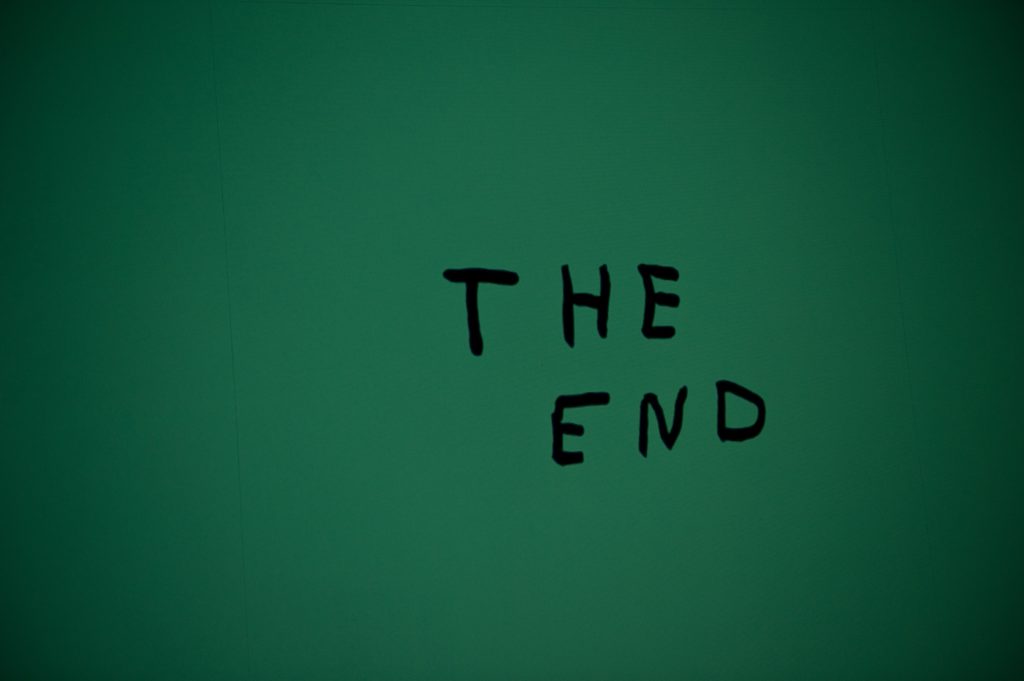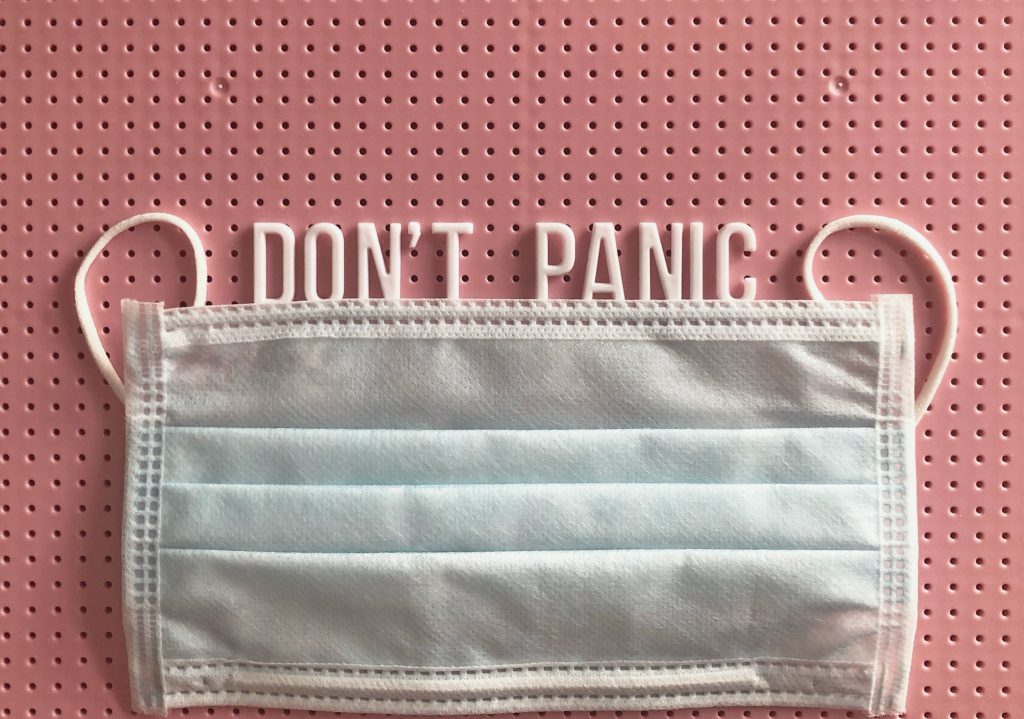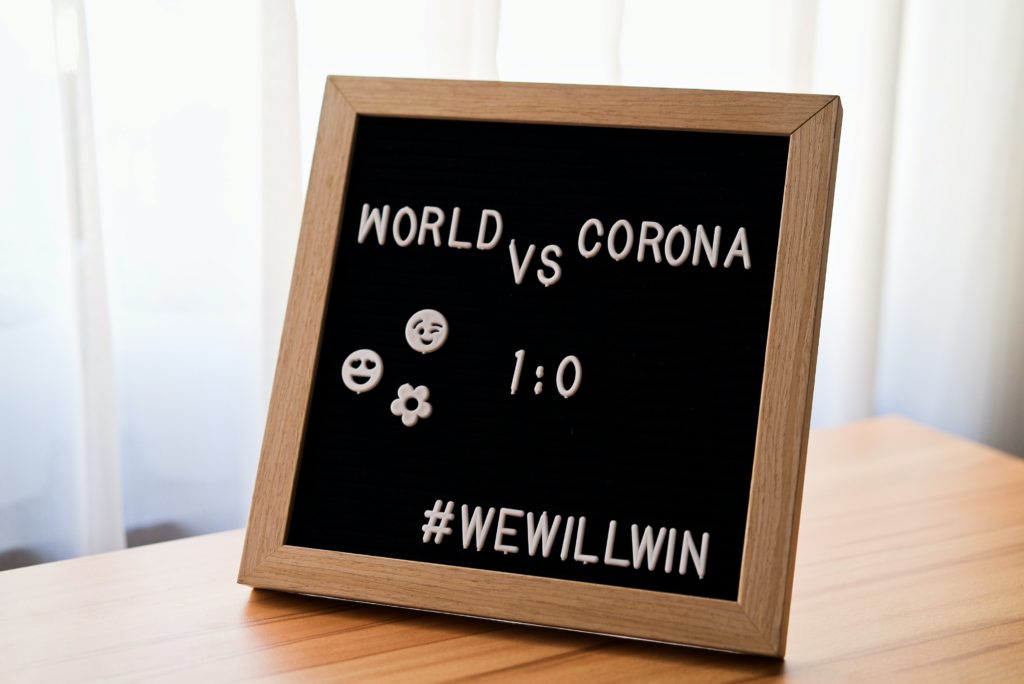Necessary Endings
(Author’s note – I wrote this post in early February and delayed posting it due to COVID-19 and more time-relevant posts)
Should Tom Brady leave the New England Patriots?
While in some ways sports differs from business organizations, here are three reasons to embrace necessary endings.
Necessary endings allow for upward mobility in an organization. New leaders emerge when new opportunity is present. While one of the tenets at Bald in Business is leading without a title (because leadership is always influence, to quote John Maxwell), new positions allow people to use their influence in more formal ways. And whether we like it or not, formality is needed for the wholeness of the leader to emerge. Without the title, General Ulysses S. Grant was possibly just another soldier (this oversimplifies the route Grant took in becoming Lieutenant General, but the point remains that opportunity gave birth to the Grant we know from history).
Necessary endings also allow for a change of perspective in leadership. No two leaders see the world the same way. Not only is this healthy, it gives renewed life to the organization. Our Executive Vice President, for example, has recently taken over leading our sales team and sees opportunity in markets and geographical locations that I did not. This opened our team up to possible growth that they were missing under my leadership. No single leader can see all the possibilities, thus an ending is often necessary for an organization to reach its fullest potential.
Finally, necessary endings bring renewed energy to the organization. While organizations fight to maintain status quo with every ounce of their being, the irony is that change brings the kind of renewed energy that propels its forward. This can even push stagnant team members to greater performance because they are renewed as well. Change can also bring a lot of other stuff with it —stress, more work, and all the things that make people unconsciously resist it —but these are the the building blocks of a growing organization. Energy is needed to embrace the building blocks and grow.
Speaking of my personal necessary ending, I am already beginning to contemplate my next one. While I hope this is over ten years out at this point, it is still wise to think of its necessity, and be working at the process of growing the next successor.
Before ending this post, I have to come back to the question posed at the outset about Tom Brady: Should he leave his team? Of course, he should! I’d advise him to retire. But if he wants to keep playing, he should leave and open the door to the next generation. Had he done that a few years ago, maybe Jimmy Garoppolo would have been quarterback of the New England Patriots last year, while Tom Brady would have been quarterback of his hometown San Francisco 49ers? Such are the speculations of an avid sports fan that believes in necessary endings…
(Final Author’s Note: I did NOT see Tom Brady signing with the Tampa Bay Buccaneers but I should have. Why? Many NFL Quarterbacks swear that Bucs’ Head Coach Bruce Arians is someone worth following…)










